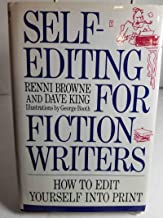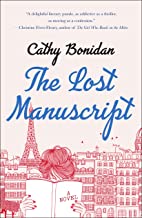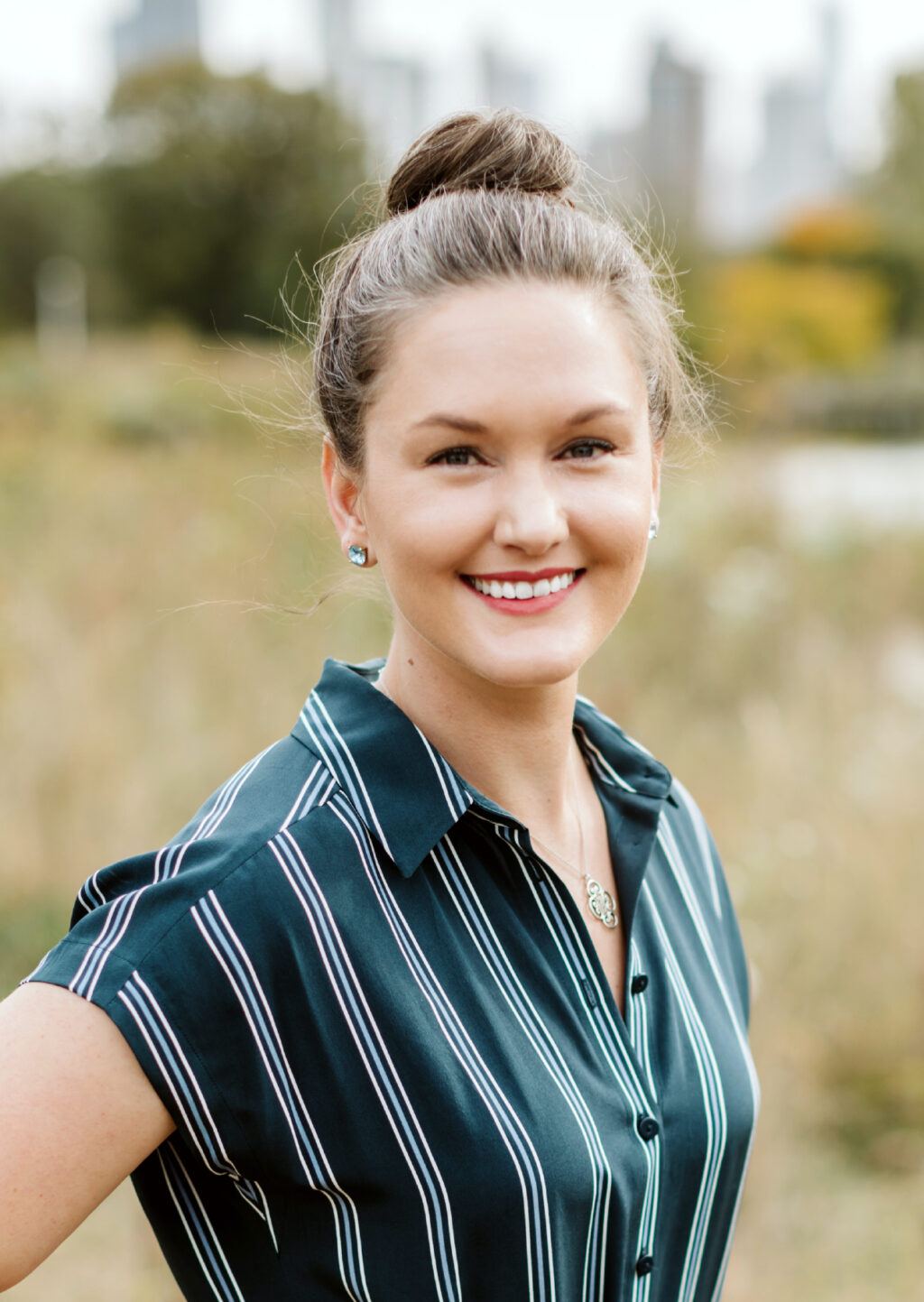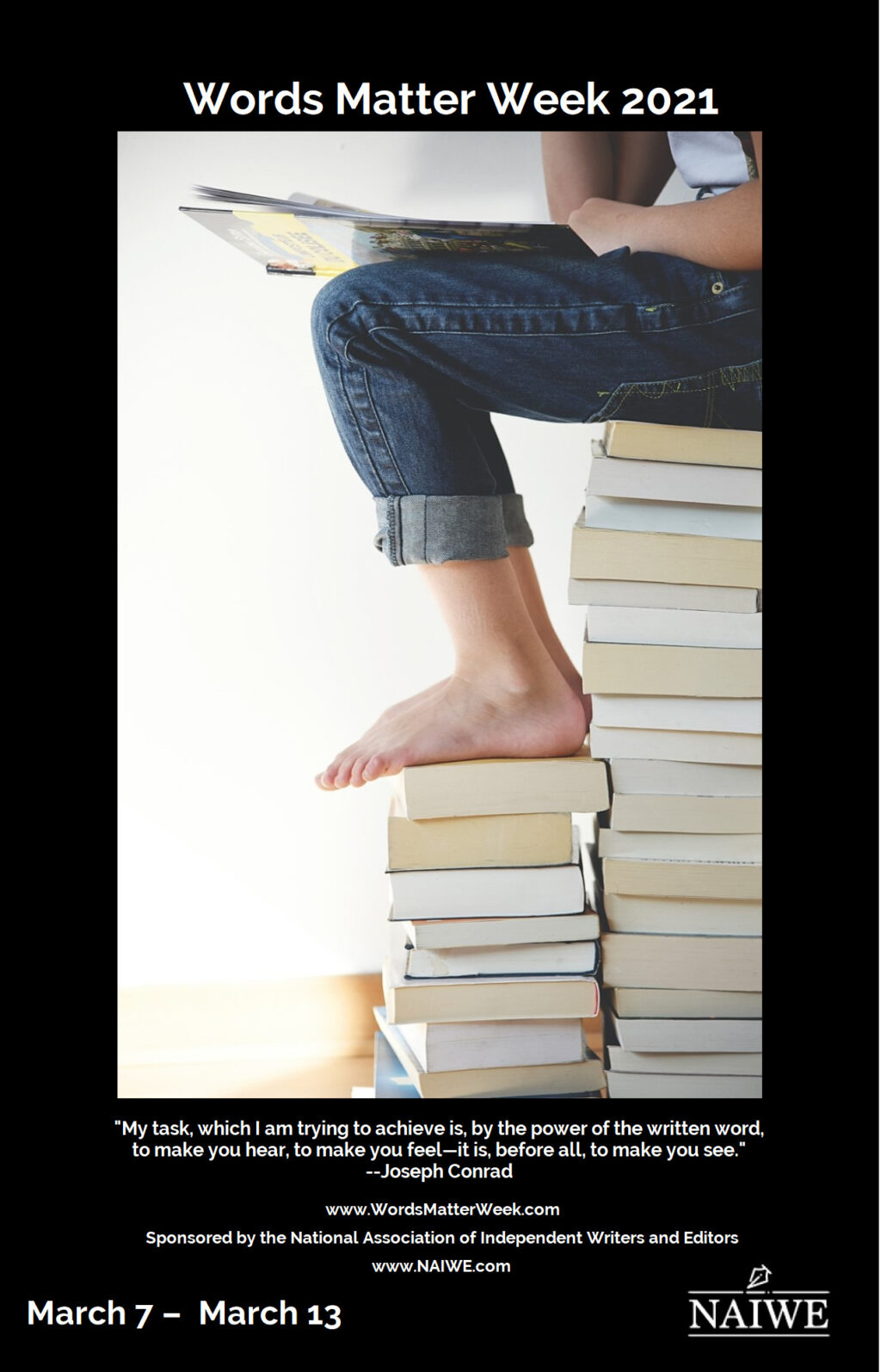I recently had the pleasure of interviewing Ashley Hasty, a fashion history and marketing professor who also happens to be a booklover. She is the author of the Hasty Book List, a popular book review blog. What makes Ashley unique is she not only has a passion for books, but she also cares about authors and appreciates the hard work they put into writing their books. As you will read from the interview, Ashley is a book cheerleader, never employing wit or sarcasm to demean authors’ efforts.
1.) Q. Tell me about your background.
A. I studied fashion marketing in undergrad and went on to get my Ph.D. in fashion history. For seven years I taught fashion courses at Indiana University, two years at Indiana State, and now I teach marketing and retail courses at Loyola University in Chicago.
2.) Q. How did you begin the Hasty Book List?
A. Hasty Book List started out as a hashtag on Instagram as a way for me to keep track of the books I read. It was an easy, visual list for me to reference when my friends asked for book recommendations. For years my friends suggested that I start a blog so that I could expand my reviews beyond a short IG caption. I resisted because I thought the time I spent writing about books would take away from the time I could spend reading books. Eventually, my husband set up a website for me and said, “If you want to start a blog, the site is waiting for you.” He (correctly) thought I needed a creative outlet to distract me from my day job at the time, which was growing increasingly stressful.
3.) Q. What genres do you enjoy reading the most?
A. Given my Ph.D. in fashion history, it will come as no surprise that my go-to genre is historical fiction. I wrote my dissertation on WWII War Brides, so I tend to gravitate toward WWII novels. However, I find when I read too many WWII novels, I get weighted down by the heaviness and sadness of war so I have to mix in other genres as palette cleansers. I also enjoy reading literary fiction, contemporary romance, mystery/thrillers, women’s fiction, and biographies.
4.) Q. What is your format for reviewing books?
A. I have a three-paragraph format for reviewing books: how I found out about the book, what it is about, and what I thought of it. It is important to note that I am not a book critic – I am a book cheerleader. I see the value in all books, I’m keenly aware of how difficult it is to write a book, and I have no interest in cutting down authors who poured their heart and soul into the book.
5.) Q. What factors influence your decision on whether you are willing to review a book?
A. Time is the number one factor influencing my decision on whether I am willing to review a book. I wish I could sit around and read all day. As with most book lovers, my “to-read” list is already longer than I’ll ever be able to finish in this lifetime (and it continues to grow!) It breaks my heart every time I have to tell an author I can’t read their book.
6.) Q. What trends in publishing have you noticed in the last few years?
A. One trend I’m dying to talk to someone about is how so many historical novels show the back of women on the cover. I have theories about why – perhaps so we can project any face onto the woman? But sometimes this trend extends to books about real women – why not show us her face? You know what she looks like. Why make me Google her for a picture? This could be because they couldn’t pay for an actual photo of the woman so they used a stock photo of a woman from the period. Or it could be that they are trying to stick with the trend of showing women from behind on historical fiction. I’m not really sure – I would love to discuss this with a book jacket designer sometime!
Any book jacket designers out there who are willing to answer this for me, please contact me!
7.) Q. During COVID, have you received more book review requests or less? Has the pandemic affected your ability to work on your website on a regular basis?
A. So. many. more. requests. I went from receiving (on average) 5 books a week to receiving 10-20 books a week. It is really overwhelming at times. When the pandemic first hit, the publishing industry was in chaos. No one had prepared for this kind of scenario – publication dates were pushed back, shipments were cancelled, everyone was scrambling. My email was blowing up with requests from authors and publicists to either promote books now and push them hard or to reschedule for a later date. Eventually, around the middle of summer things started to settle down and we all got into a groove. But I think I’m just now finding solutions to the new challenges of promoting books during a pandemic.
Interestingly, the pandemic has given me more time to work on HastyBookList.com. My classes at Loyola moved to fully online in March of 2020, so I had extra time that used to be spent commuting. I had quite a bit of experience teaching classes online so I didn’t struggle with that learning curve like so many of my peers who had only taught in-person.
8.) Q. I saw on your website that you have a Literary Travel Guide? Please explain what that is.
A. Back when we could travel I would put together a list of places that had literary-themed destinations of the cities I visited, including famous authors’ homes, libraries, bookstores, literary-themed restaurants and hotels, etc. I haven’t written one in awhile, due to the pandemic, but I’d love to start that back up again someday. I’ve completed nine literary travel guides for the cities of Chicago, Seattle, Kansas City, Kauai, Palm Springs, St. Louis, Bloomington, IN, Cabo, and Sedona. You can check them out here.
9.) Q. You also have a link “5 Books to Get You Out of a Reading Rut” on your website. Please explain what that is and how that began?
A. This is a post I put together of 5 books, each from different genres, that I couldn’t put down. If you ever find yourself in a reading rut (not loving what you’re reading, feeling like you’re reading the same book over and over again, starting books but not finishing them, etc.) then you might want to give one of these books a go. I was trying to think of a post that readers could keep in their back pocket for whenever they needed a little inspiration. I hope you’ve found it helpful!
10.) Q. What are your future plans for your website?
A. Well that is the million dollar question. For the past couple of years and a half I’ve had a lot going on personally – buying a house, moving to a new city, rebuilding after a fire, the pandemic. My plan was just to hang in there. Ha! Now that we are back into the house we bought, almost done rebuilding, and there is an end to the pandemic in sight, I find myself looking more toward the future. I would love to focus more on book jacket designers and audiobook narrators – these are two series that I started that I haven’t seen many other book bloggers focus on. They are a bit more involved to put together, so I haven’t done as many of them lately, but I’d like to put more time and effort toward those in the future.
I am also hoping to do more in-person events once we are on the other side of the pandemic. But I think that is a bit further into the future.
11.) Q. What advice would you give authors based on your experience reviewing books?
A. Not being published myself, I hesitate to give any “advice.” I haven’t been through what authors have been through. Advice I’ve heard:
- Be patient. Be persistent. The difference between a published author and an unpublished one is often perseverance.
- Write the book you want to read.
- Hire a professional editor/book doctor, if at all financially feasible.
12.) Q. Promoting a book is very challenging for authors. If an author asked you for advice on promoting their book, what would you tell them?
A. Now this is something I’m more qualified to speak about. Haha! Being an author is so tough, you’re asked to be so many things, including an author, an editor, a social media expert, a salesperson. Likely, you won’t be confident at all of these things. If you feel your weakness is promotion/social media, here are a few tips:
- Start your social media presence early. As in now. If all of the social media platforms are overwhelming, choose one: Facebook or Instagram are the two biggest. Invite all of your friends to follow you. Don’t be shy about this. Then start following authors and engaging with them. Comment on their posts, celebrate their book launches, etc. Do the same for book bloggers/bookstagrammers. If this is not something you enjoy, do it for 30 minutes a day and then go back to something you love. Share your successes, no matter how small on this social media platform. Readers will want to find you somewhere, so having some sort of social media presence is key.
- Reach out to book bloggers/bookstagrammers as soon as you know a publication date. The earlier the better – their schedules will fill quickly. Make their posts as easy as possible – by giving them as much information as you can. Or even offer to write a guest post if they say their schedule is full. Guest posts tend to take less time for them to put together. Like, comment, and share any posts bloggers write about you – they’ll remember your support next time.
13.) Q, Do you have anything else you would like to add?
A. Idelle, thank you so much for asking these questions! I’ve so enjoyed working with you on my blog and I loved having the opportunity to turn the tables and be the one answering questions for a change. Wishing you and all authors the best of luck promoting their books. I know it isn’t easy, but you really did the hard part by writing and publishing a book! We already know you can do hard things. 🙂
Idelle Kursman is the author of the novels True Mercy and The Book of Revelations. She is also a copyeditor and proofreader. Both books are available on Amazon. True Mercy is also available on Smashwords and The Book of Revelations on Draft2Digital. Please contact Idelle through this website for your editing and/or proofreading projects.




